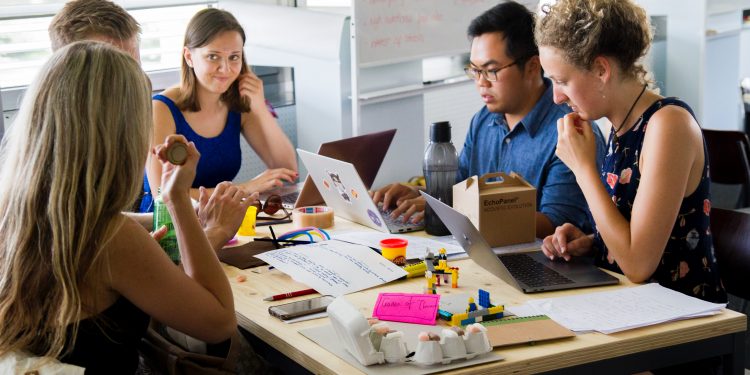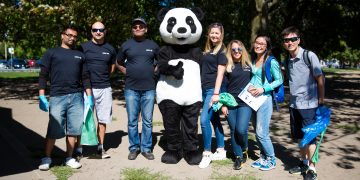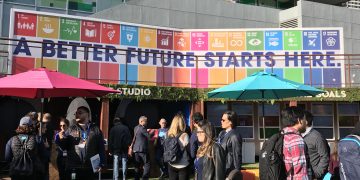3 young sustainability professionals reveal career path secrets
How do you start your career in sustainability? That question is the heart of every student, young professional and career switcher trying to build a career in sustainability. And as we all know, the path for a sustainability career is not as straightforward as say a career in law or accounting, making it harder to know where to start or how to prepare.
We asked 3 young sustainability professionals to share their career path tips. Here’s what they said:
Anureet Kaur, Business Operations Analyst at Internat Energy Solutions
First, define what sustainability means to you as it could bring different value to different people. Then focus on 2-3 fields within sustainability, whether that is within the carbon markets, policy analysis/research, ESG investing, sustainability consulting or the social impact enterprise sector etc. Meeting people for coffee chats within the different fields will give you more insights, knowledge and perspective.
Courses such as carbon accounting, sustainability strategy, and environmental economics were very helpful for me during graduate school as I was able to grasp the theoretical knowledge needed to support a business case or policy analysis. I also recommend participating in case competitions, as it helps you in developing a systems thinking approach and meeting people from different programs that may have an interesting approach towards sustainability. There are a lot of good case competitions out there such as the Business for a Better World Case Competition in partnership with Corporate Knights and Schulich School of Business as well as Nespresso Sustainability MBA Challenge, which I participated in and had a great experience!
Melissa Menzies Associate, Research Products at Sustainalytics.
Be creative in the roles that you apply for as there are multiple ways to bring sustainability into your career path. Creating positive impact for the environment, society, and economy more broadly can be present in roles you may not expect. Research companies, start-ups, public sector and nonprofit organizations that you think would be rewarding to work for and apply for roles that align with your values. Don’t be afraid to apply for a role that may not be the ideal fit now, but will provide internal opportunities that are more sustainability/impact related in the future. Also, don’t discount a short-term employment opportunity- such as an internship or contract- simply because it is short term.
During school, I was active in leading multiple social, athletic and volunteer-based extracurriculars that have collectively helped my career. These experiences taught me how to manage my time, how to lead in groups and how to be composed in stressful situations. With respect to courses, I took a variety of subjects throughout my Bachelors and Masters degrees – from Philosophy and Law to Environmental Studies and Business. Each year, I honed in further to subjects that I was passionate about. While I may have started as a philosophy and ethics student, I ended up with research expertise in sustainability reporting, a field that is currently a key component of my role at Sustainalytics. So don’t be afraid to try something new – whether an academic course, a workshop or a professional accreditation – if you think that is something that interests you and will give you purpose.
Lulu Li, Principal Consultant, CarbonQ
Grades are important now, but building long lasting relationships will benefit you for years to come. Don’t wait until “it is time” to focus on building relationships. You will thank yourself later when you find your first job through networking and others have just started networking.
It’s also important to know that networking is not easy. However, students can use networking events as primary research ground. Go talk to everyone you can and find out what industry they are in and the challenges they face. Collect your data, figure out the top few issues companies are stuggling with, pick your favourites, and tailor your study/research paper etc. to solve these problems. Once you do that, reconnect with those you spoke to and share your findings. It may lead to something amazing.






No Comment